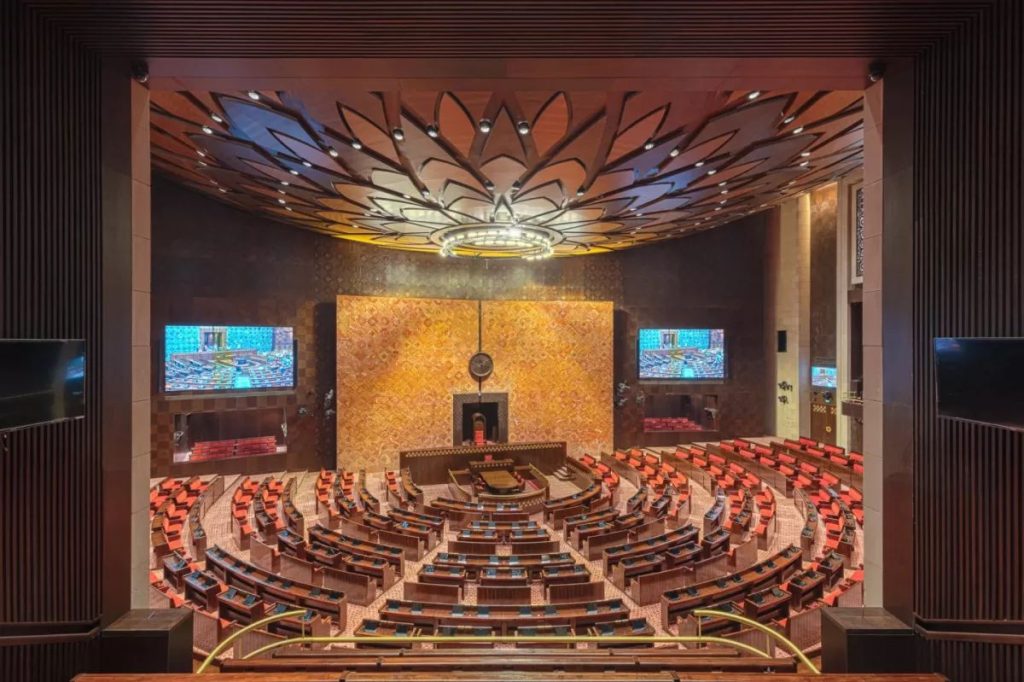The National Democratic Alliance (NDA) has crossed the majority threshold in the Rajya Sabha, the upper house of India’s Parliament.

The milestone, achieved through the unopposed election of 12 new members, predominantly from the Bharatiya Janata Party (BJP) and its allies, marks the first time since 2014 that the NDA has secured a majority in the upper house.
The Rajya Sabha, with its current strength of 237 members due to eight vacancies, required 119 seats for a majority. With BJP leading the charge, the NDA now boasts 121 members, including the support of six nominated members and two independents, effectively clinching the majority with room to spare.
The BJP now holds 96 seats on its own.
The rise in numbers was facilitated by the unopposed election of nine BJP members, alongside one each from the Ajit Pawar-led faction of the Nationalist Congress Party (NCP) and the Rashtriya Lok Manch.
The majority in the Rajya Sabha, often seen as a bastion of opposition strength, is poised to streamline the legislative process for the Modi government, particularly for contentious bills that have historically faced hurdles in the Upper House.
Key figures elected unopposed include Union Ministers and notable BJP members from various states, highlighting the party’s broad-based support across India.
This development has significant implications for governance and policy-making in India:
The opposition, led by the Congress with 27 members, faces a challenge in maintaining its influence. However, with parties like the Biju Janata Dal (BJD) and YSR Congress Party (YSRCP) often playing swing roles, the dynamics could still see fluctuations.